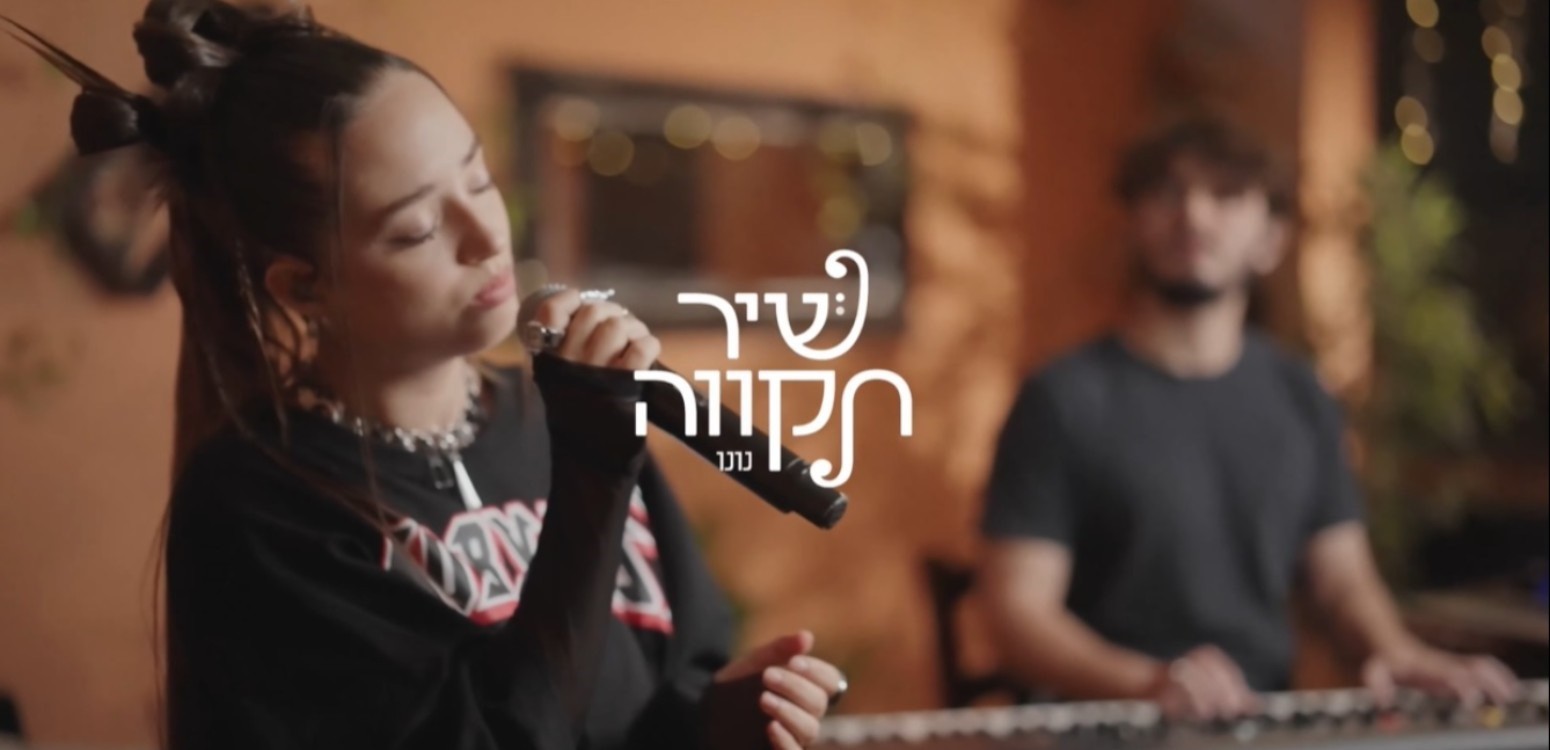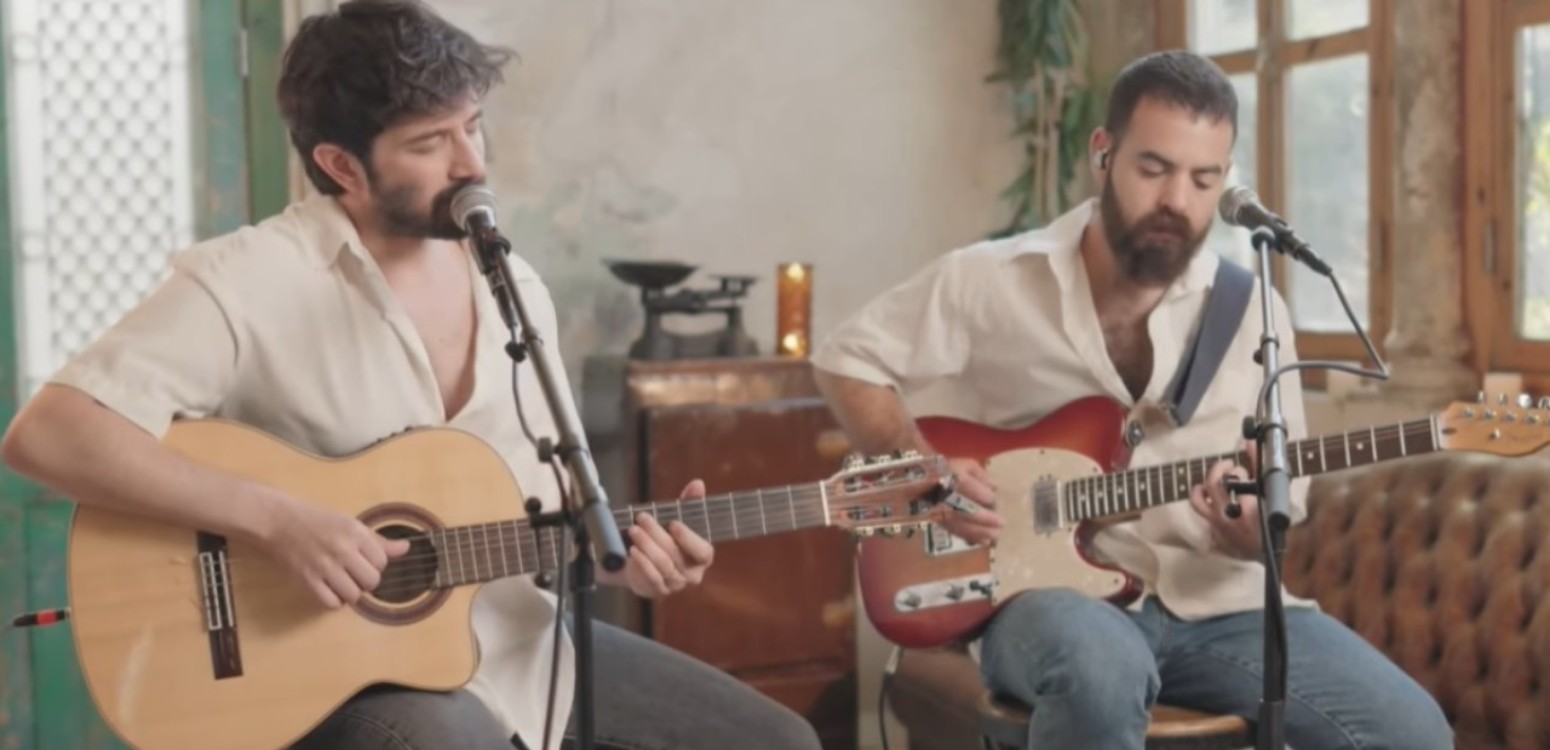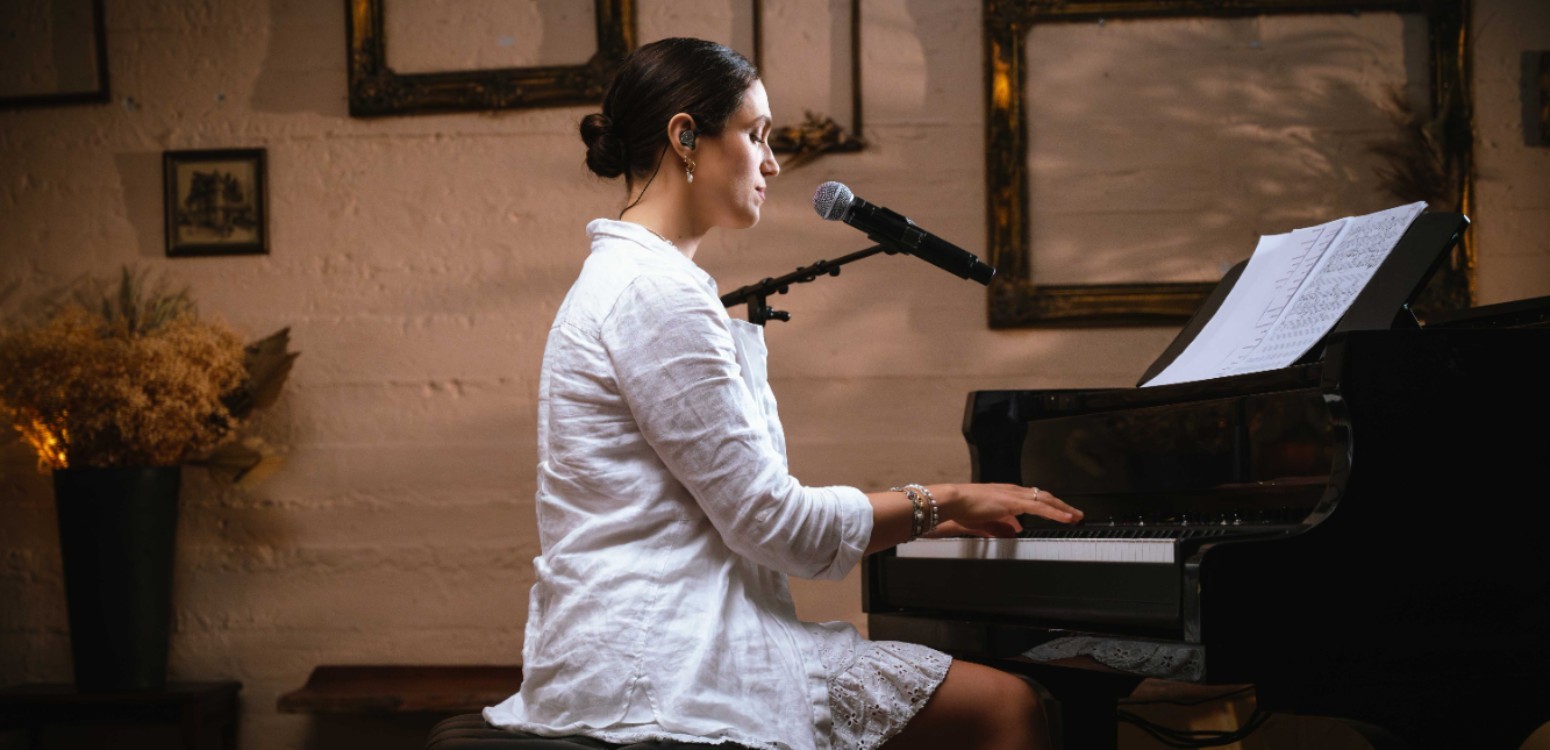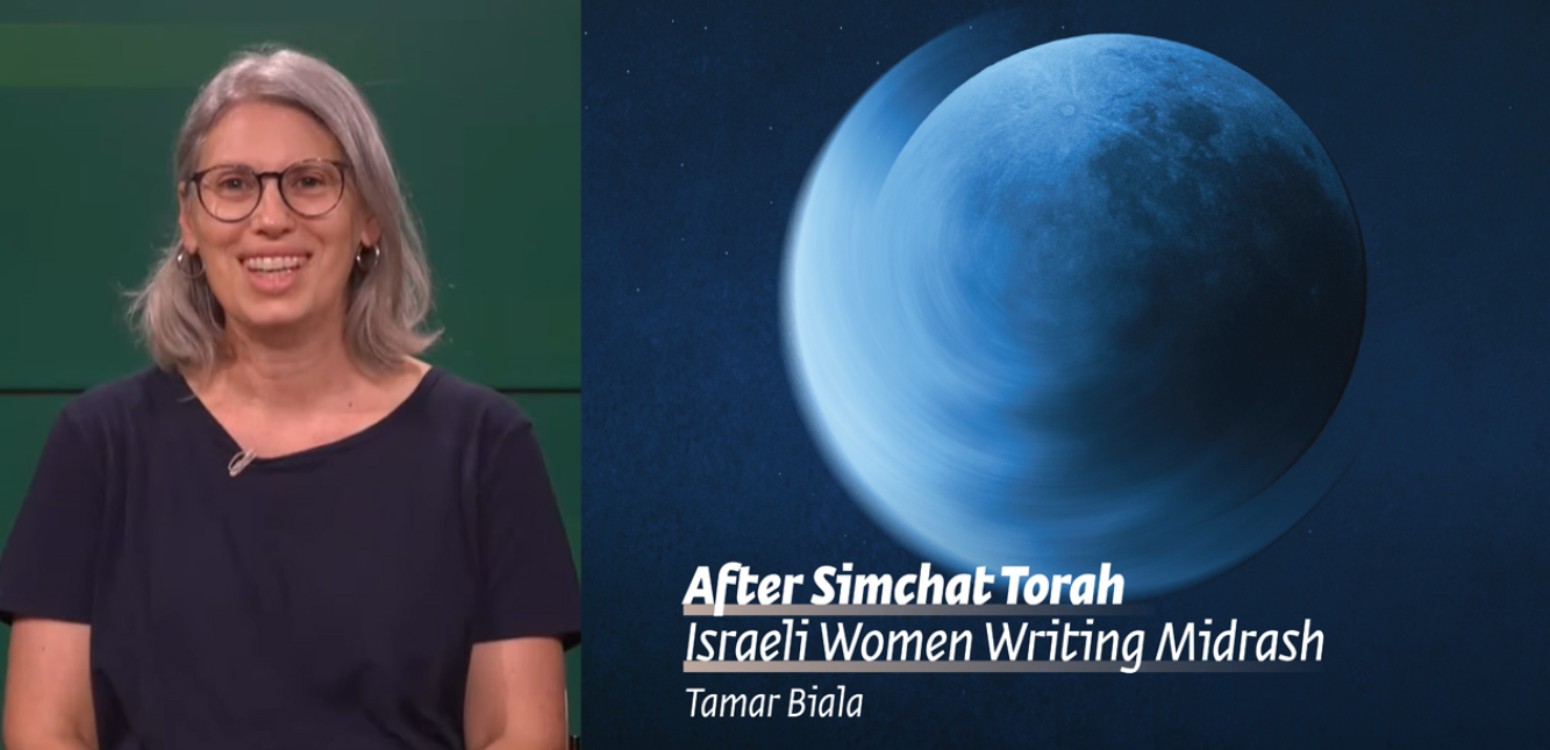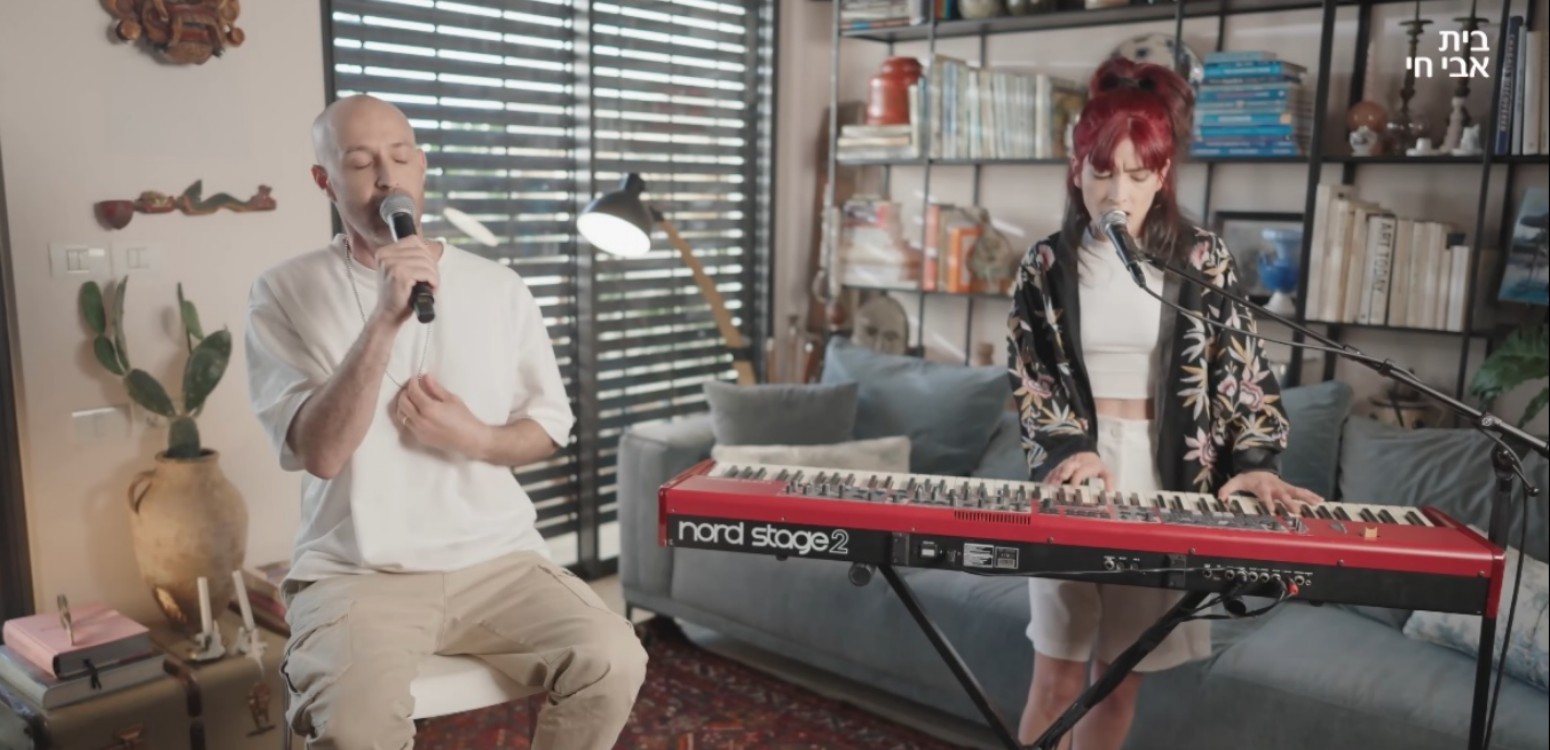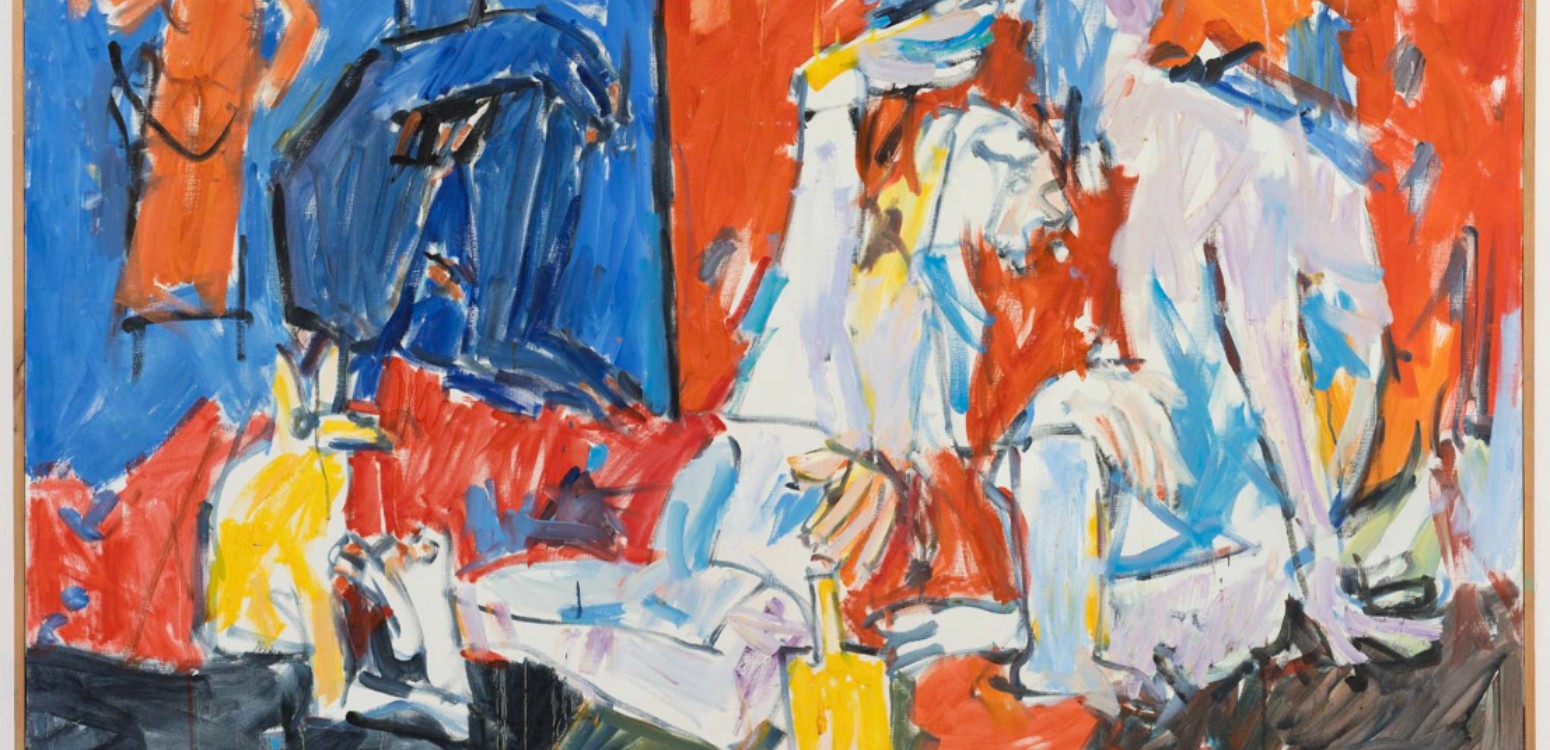
Bob Marley’s “Redemption Song,” which became a global anthem of freedom and hope, found its way to Kabbalat Shabbat services at Beit Avi Chai. Noa Sorek explores how this happened
“Emancipate yourselves from mental slavery / None but ourselves can free our mind.” These beautiful words are taken from “Redemption Song” by Bob Marley (1945–1981), which has become a global anthem of freedom and hope. Ostensibly, when Marley sings about redemption, it’s hard not to hear something very Christian in it. And yet, somehow, this song has become one of the highlights of our Friday night Kabbalat Shabbat services at Beit Avi Chai, sung by Ester Rada. How did this happen? And why is a Bob Marley song actually appropriate for welcoming the Sabbath?
“Redemption Song,” which was released on the album “Uprising” – Marley’s final studio album released during his lifetime – is considered the final testament of the reggae legend. In the summer of 1977, Marley discovered he had melanoma in his big toe, but due to his Rastafarian faith, according to which the body must remain whole and uncorrupted, he refused amputation. For several years he continued to perform, until during a run in Central Park he collapsed, and it became clear that the disease had already spread throughout his body.
The album on which “Redemption Song” appeared was written and recorded during a period when Marley already knew his time was limited, and it carries the central message of liberation from mental slavery – a call for people to free their souls and thoughts. This idea of physical and mental freedom resonates deeply in Judaism, especially in the story of the Exodus from Egypt.
In general, the connection between Marley and his work and Judaism is not accidental. There is a rumor that Bob Marley’s father’s family name has Syrian-Jewish roots, but this has not been proven. The artist himself was buried with a Bible next to his Gibson guitar, and his funeral combined Rastafarian beliefs and Ethiopian Orthodox Christianity. The Rastafarian movement, to which Marley belonged, drew deep inspiration from the story of the Exodus from Egypt and the Hebrews’ struggle for liberation from slavery – just as Martin Luther King Jr. (1929–1968) chose the phrase “Let my people go” as a slogan for the African-American struggle for equal rights.
Rastafarians see Ethiopia as the African “Zion,” and many of them see themselves as connected to the “Lost Tribes of Israel,” or at least identify their Messiah, Haile Selassie, as a descendant of King Solomon and the Queen of Sheba. They even use the term “Jah” to refer to God – a term related to the name of God in Judaism (“Yah”).
This connection is also expressed in Marley’s songs, as can be seen in the famous song “Exodus,” which includes the words “Send us another brother Moses.” This song became an anthem of challenging enslavement, and is presented as a call to the oppressed to leave slavery for freedom, with direct references to the story of the Exodus from Egypt. “Redemption Song” includes the words “Emancipate yourselves from mental slavery / None but ourselves can free our mind.” This quote is taken from a speech given by the Jamaican political activist and founder of the Back-to-Africa movement Marcus Garvey (1887–1940) in 1937. Garvey called on Africans to take inspiration from Zionism and create for themselves a kind of “Black Zionism” that would motivate them to demand rights and liberate themselves from slavery, whether physical or mental.
Marley’s Jewish connection
The Jewish connection in Bob Marley’s family continues and develops in subsequent generations as well. Ziggy Marley, Bob’s son, celebrated a bar mitzvah for his son, Abraham Marley, this year, several years after his daughter also celebrated a bat mitzvah. The boy’s mother, Orly Agai Marley, is an Israeli of Iranian-Jewish descent. But the connection to Judaism hasn’t remained only within the Marley family. Like all good art – it continues to make waves.
The Jewish musician Matisyahu (Matthew Paul Miller), who became famous for his Orthodox Jewish appearance and the unique musical combination of reggae, hip-hop, alternative rock, and Hasidic music, also returned to “Redemption Song.” In 2010, when he was still adorned with a long beard and fluttering tzitzit, Matisyahu released a cover version of “Redemption Song” – a version that has the energy of prayer, combined with beatboxing.
And when Ester Rada, 15 years later, also performs that same song – which had already passed through Matisyahu – you can feel how the prayer for redemption, and especially for self-redemption, continues to resonate: from Bob Marley to a Jerusalem Kabbalat Shabbat service.
This article was originally published in Hebrew.
Main Photo: Bob Marley in a press photo dated to 1976\ Wikipedia
Also at Beit Avi Chai





